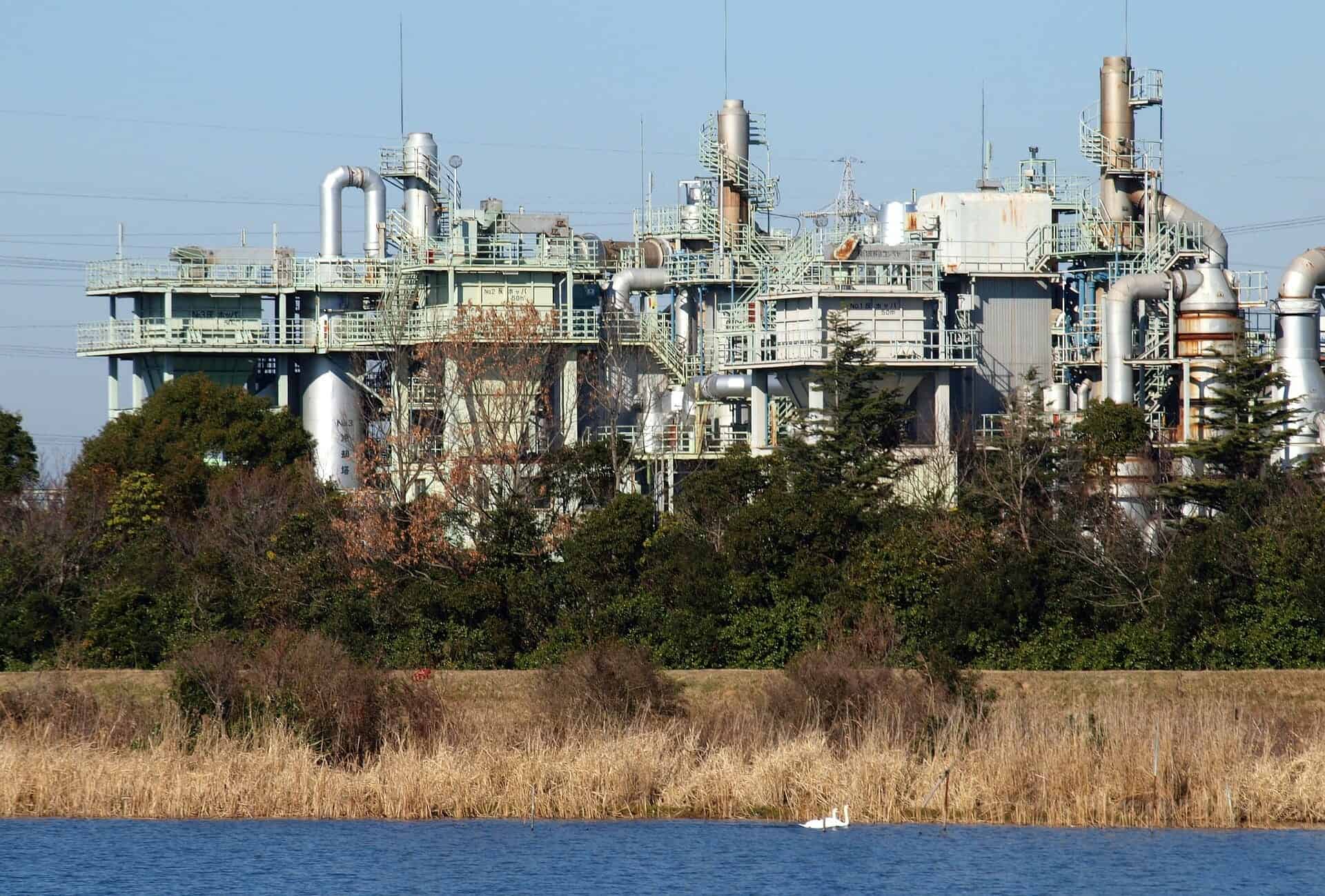Amman-based Engicon Maintenance and Operation Company has signed a memorandum of understanding with the Jordan Phosphate Mines Company for a phosphate water treatment plant, according to official sources.
As part of the MoU, Engicon will enter into a commercial partnership with JPMC to supply, develop, and operate a phosphate water treatment plant in El-Sheidiyah mines.
Under the MoU, signed by the JPMC CEO Abdulwahab Rawad and Engicon Chairman Tariq Zureikat, modern and advanced technology will be integrated to treat and reuse phosphate wastewater by Indo-Jordanian Chemical Company for the purposes of industry and agriculture, aimed to improve and preserve the region’s ecosystems, said the official sources.
Speaking at the signing ceremony, Rawad said the MoU comes at a time when Jordan is suffering a water shortage and searches for new resources for agricultural purposes.
The MoU apparently indicates the JPMC’s keenness to use the latest international technology to treat phosphate water.
Nearly 10-12 thousand cubic meters of phosphate water will be treated daily under the MoU, he said, pointing out that 70 percent of the treated water is expected to be reused for agricultural and industrial purposes.
Reusing treated water has an economic return, by providing additional quantities of reusable water, he noted, pointing to the JPMC’s efforts to pay attention to conserve the environment and improve industrial wastewater management and reuse.
In turn, Zureikat said the MoU confirms the response of the main partners in the water sector to work together to find alternative and innovative solutions to fill the short and long-term shortage of water resources.








